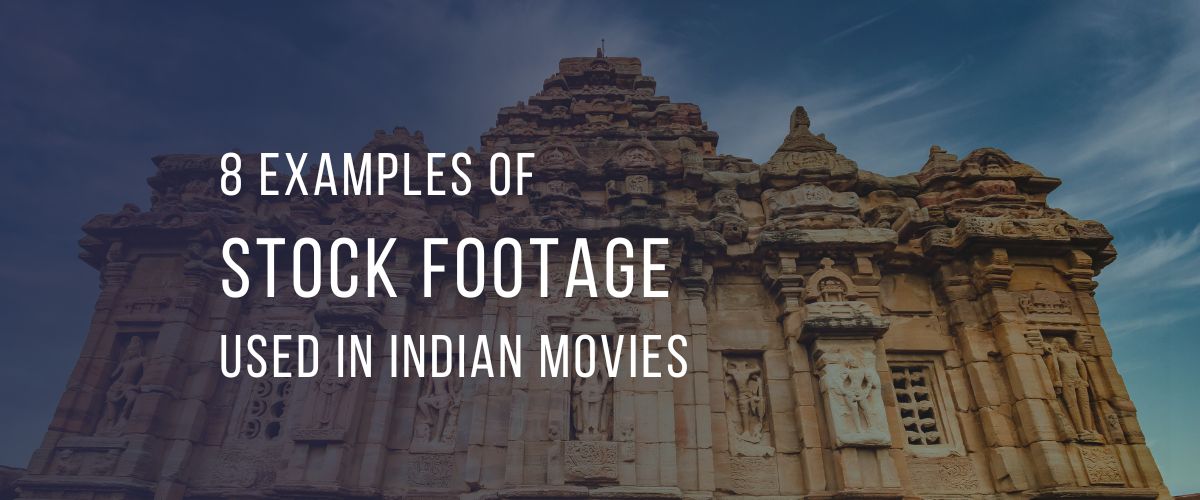How expensive can filming a 6-second scene be? Well, depending on the location and the type of shot, it could go up to lacs – and maybe sometimes it isn’t worth it. Because you can save on the cost of travel, camera, gear, manpower by using stock footage for the same.
Stock footage refers to pre-recorded video clips that are licensed and used in various media productions, including movies. It typically encompasses a wide range of subjects, such as nature, cities, landmarks, people, and events, captured by professional videographers. It is used to fill gaps in a film’s story or to add visual interest without having to create new footage, also referred to as B-Rolls.
8 examples of Stock Footage Used in Films in India:
“Pardes” (1997):
This Bollywood film directed by Subhash Ghai includes This poignant film directed by Ritesh Batra used landing at airports to depict the characters’ travels and their experiences abroad. Similarly, movies like Jab Tak Hai Jaan, 3 Idiots, Zindagi Na Milegi Dobara, Dilwale Dulhania Le Jaenge have also used plane shots to show travelling scenes.

Courtesy- Subhash Ghai
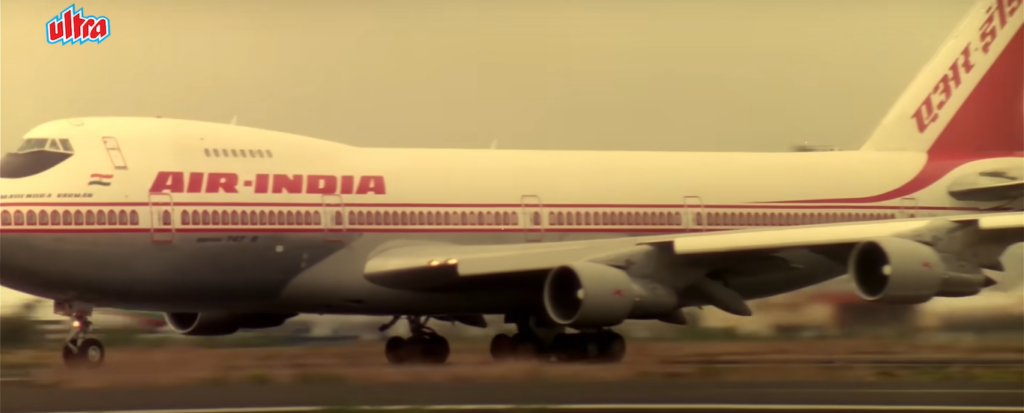
Courtesy- Subhash Ghai
“The Lunchbox” (2013):
This poignant film directed by Ritesh Batra used stock footage of local trains and stations to highlight Mumbai’s busy life. Mostly movies using aerial footage of Mumbai as an establishing shot featuring Gateway of India, Marine Drive or Chattrapati Shivaji Terminus, as they are popular places. Life in a Metro, Kalyug, Hasee toh Phasee are some other examples of movies showcasing Mumbai.
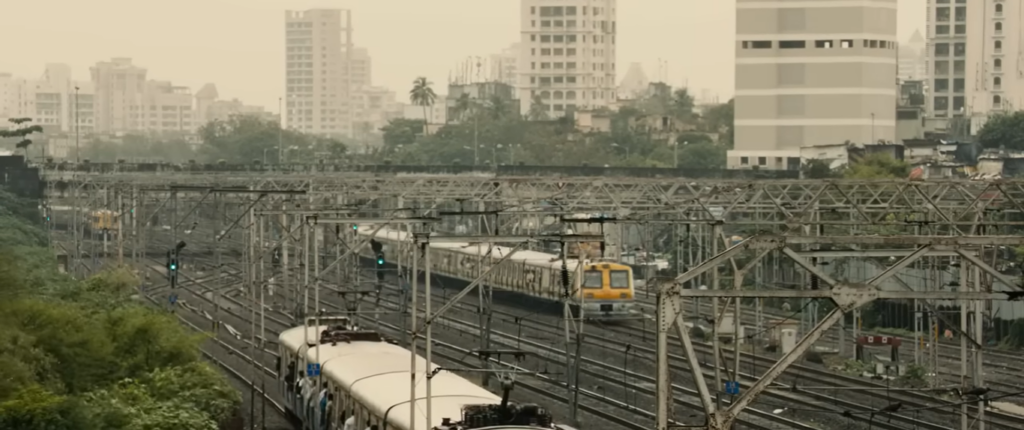
Courtesy- DAR Motion Pictures
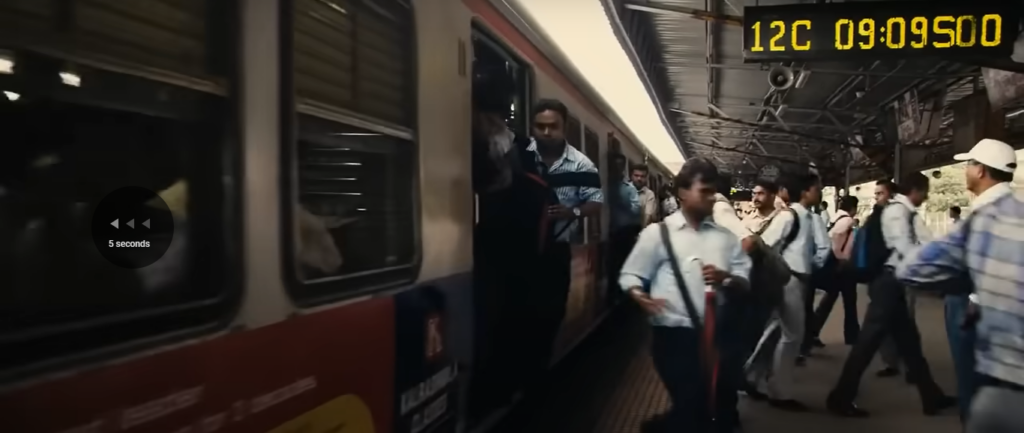
Courtesy- DAR Motion Pictures
“Shaadi Mein Zaroor Aana” (2017):
Directed by Ratnaa Sinha, the movies uses stock footage to showcase the cities of Lucknow and Kanpur as establishing shots to create a sense of place for the narrative. Movies like Daawat-E-Ishq, Bala, Pati, Patni aur Woh have also added B-Rolls of Lucknow City.
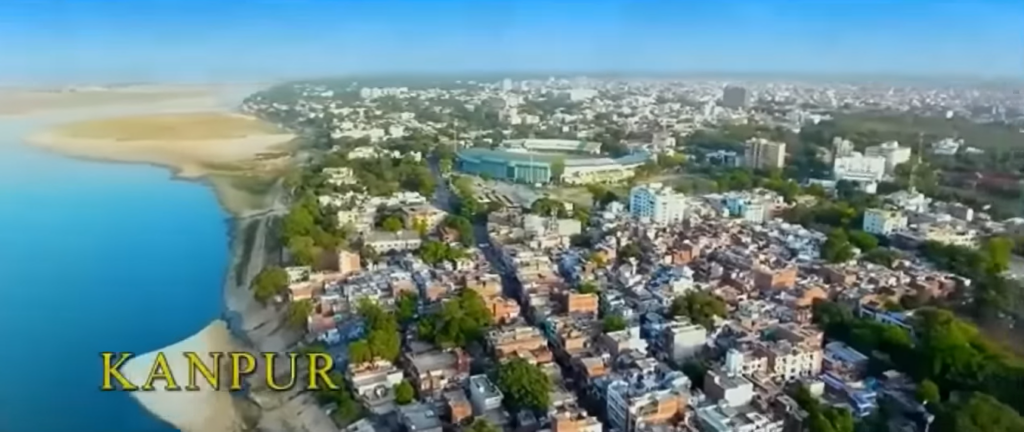
Courtesy- Soundrya Productions
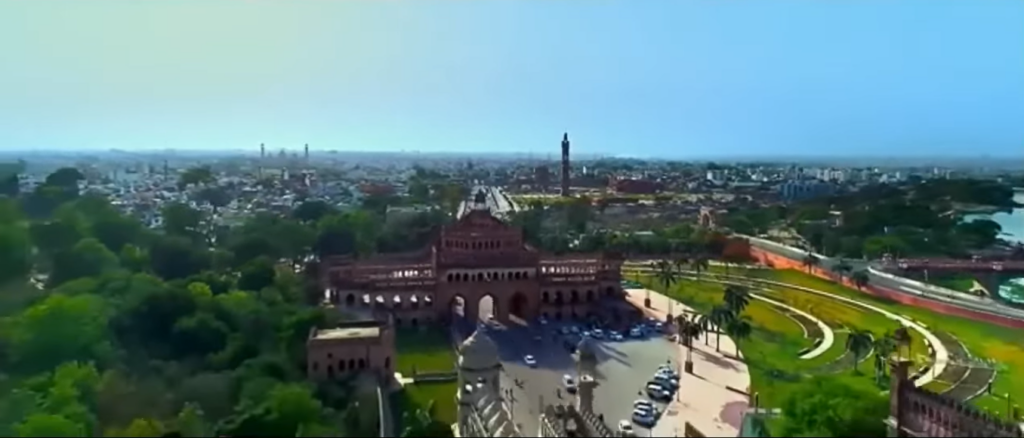
Courtesy- Soundrya Productions
“Delhi-6” (2009):
Directed by Rakeysh Omprakash Mehra, this Bollywood film is set in the streets of Old Delhi. It extensively uses stock footage to capture the essence of the city, showcasing iconic landmarks like India Gate, Chandni Chowk market, and Red Fort. “Band Baaja Baarat” and “Pink” have also used Delhi stock footage.
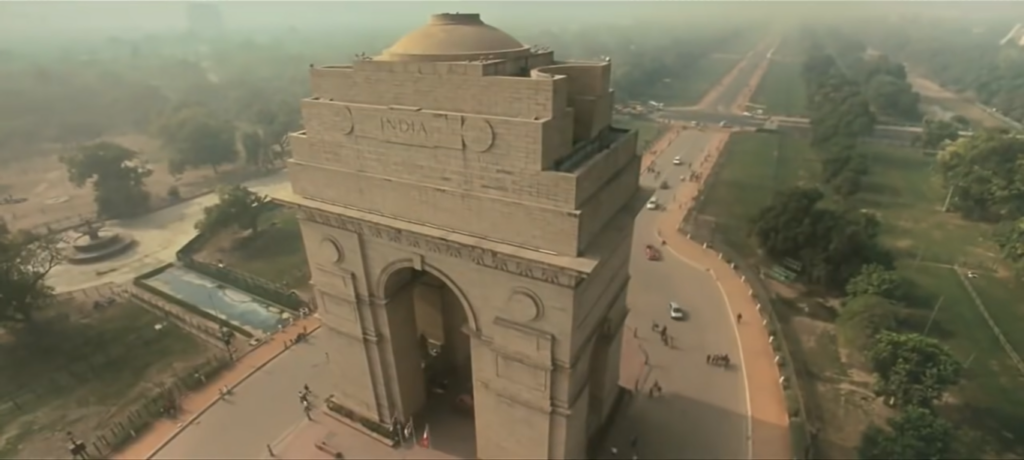
Courtesy- Rakeysh Omprakash Mehra Pictures
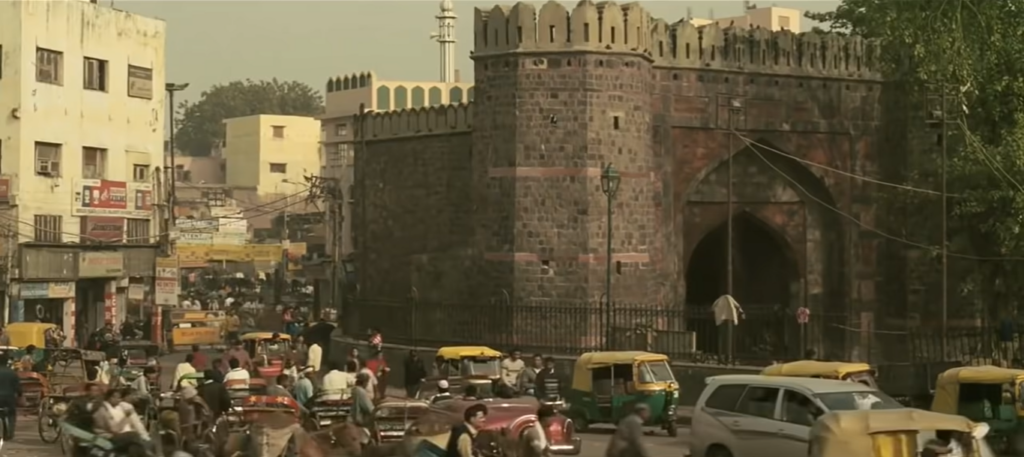
Courtesy- Rakeysh Omprakash Mehra Pictures
“Namaste London” (2007):
A movie directed by Vipul Amrutlal Shah has used stock footage to show iconic monuments of India like Taj Mahal, India Gate, etc.
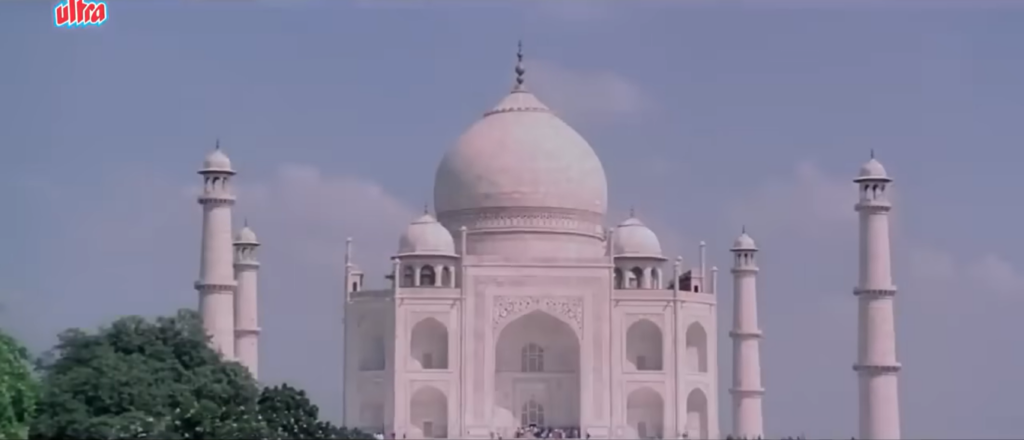
Courtesy- Vipul Amrutlal Shah
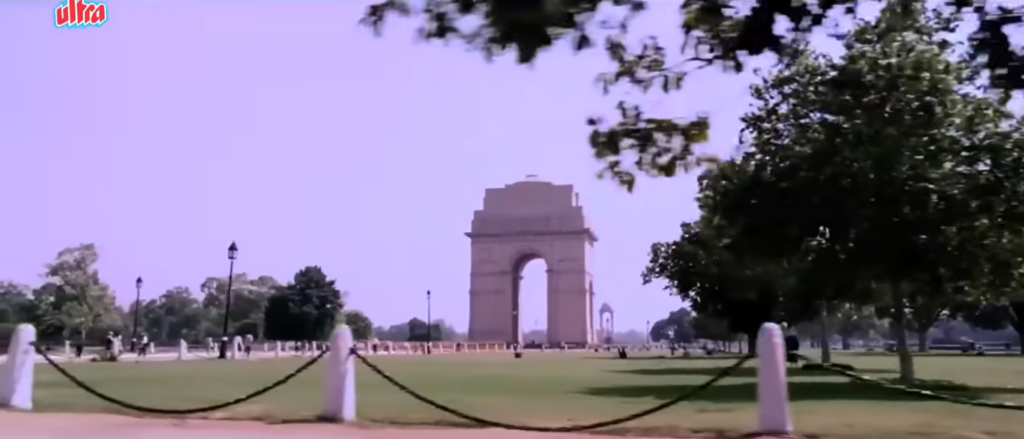
Courtesy- Vipul Amrutlal Shah
“Batti Gul Meter Chalu” (2018):
Directed by Shree Narayan Singh, this movie used B-Rolls of Ganga Aarti, Ghats of Rishikesh and drone footage of houses to depict Uttarakhand’s terrain.
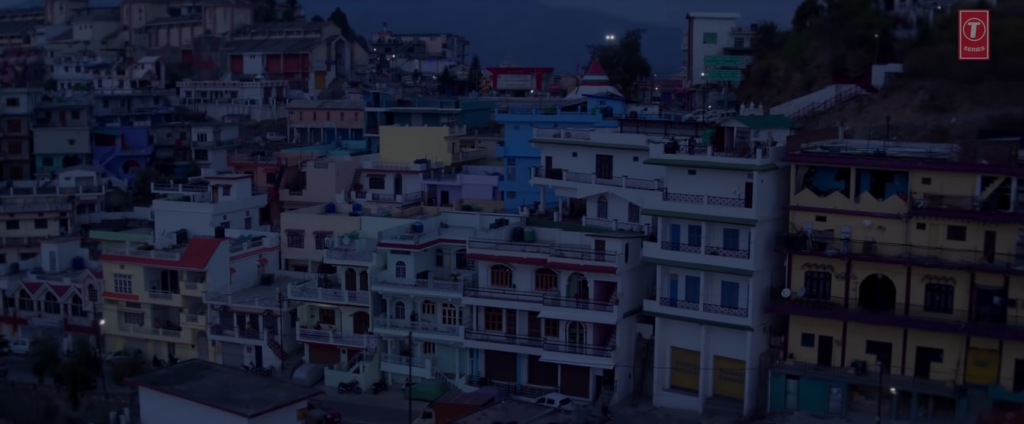
Courtesy- T-Series
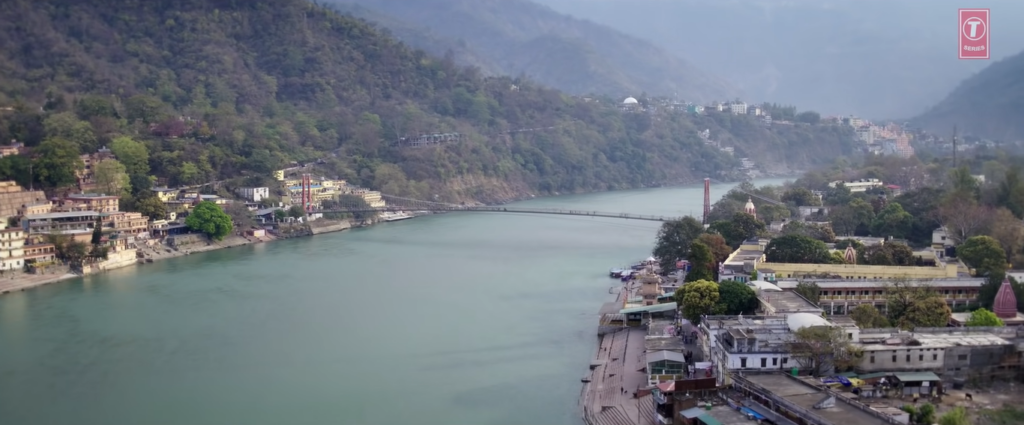
Courtesy- T-Series
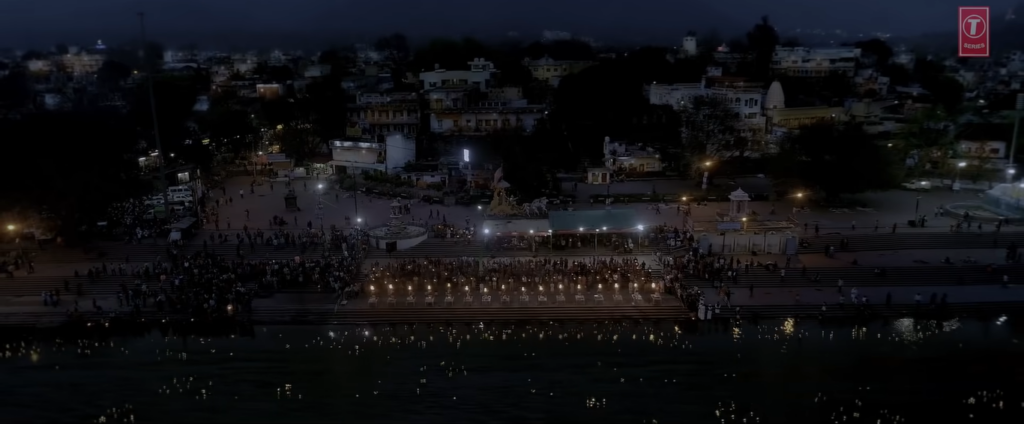
Courtesy- T-Series
“Highway” (2014):
This road drama film directed by Imtiaz Ali features stock footage of roads, highways and bridges etc. These B-Roll videos strengthen the storyline of the movie. And such videos are commonly used to fill gaps or show transition from one scene to another.
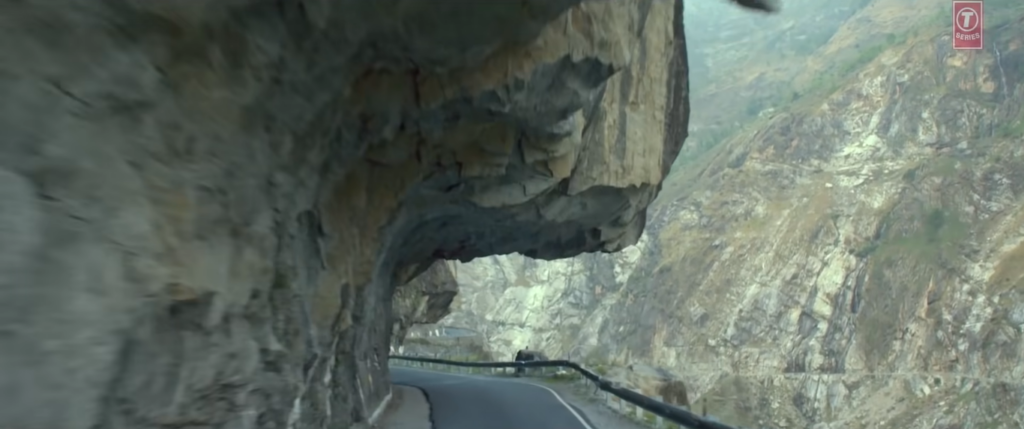
Courtesy- Nadiadwala Grandson Entertainment
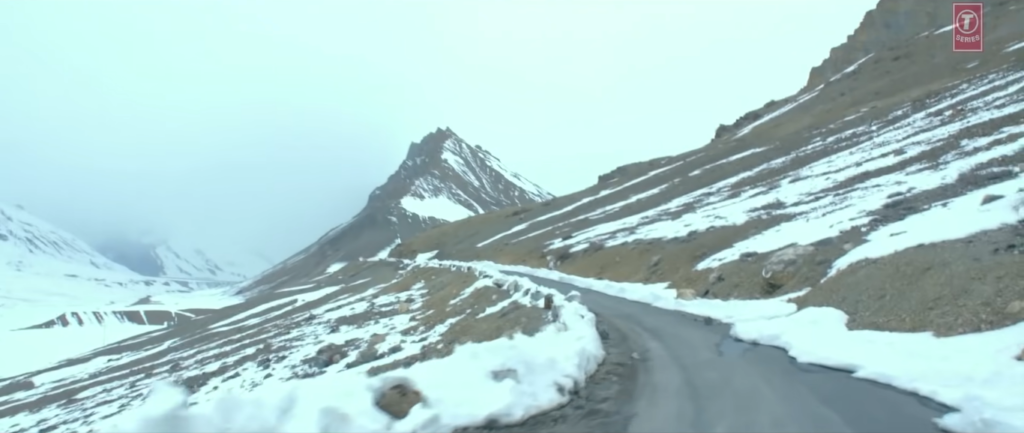
Courtesy- Nadiadwala Grandson Entertainment
“PK” (2014):
A comedy film directed by Rajkumar Hirani has used stock videos of religious places to show the character’s connection to God. Movies like Jodha Akbar, Bajrangi Bhaijaan, Lage Raho Munna Bhai have also used B-Rolls to show religious scenes.
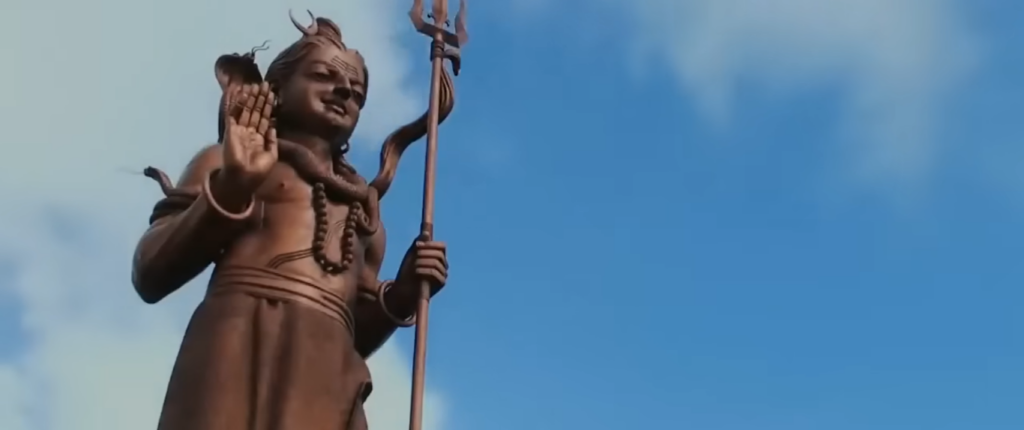
Courtesy- Vinod Chopra Films, Rajkumar Hirani Films Pvt. Ltd
Filmmakers use stock footage as these videos create expansive landscapes, showcase specific locations, or add dynamic action sequences. Stock footage brings authenticity, realism, and visual impact to a film, allowing filmmakers to enhance their storytelling and create immersive cinematic experiences. One can easily buy them from stock footage sites like IndieVisual (that’s us!).
You can reach out to us at hello@34.100.129.6 for further enquiries.





